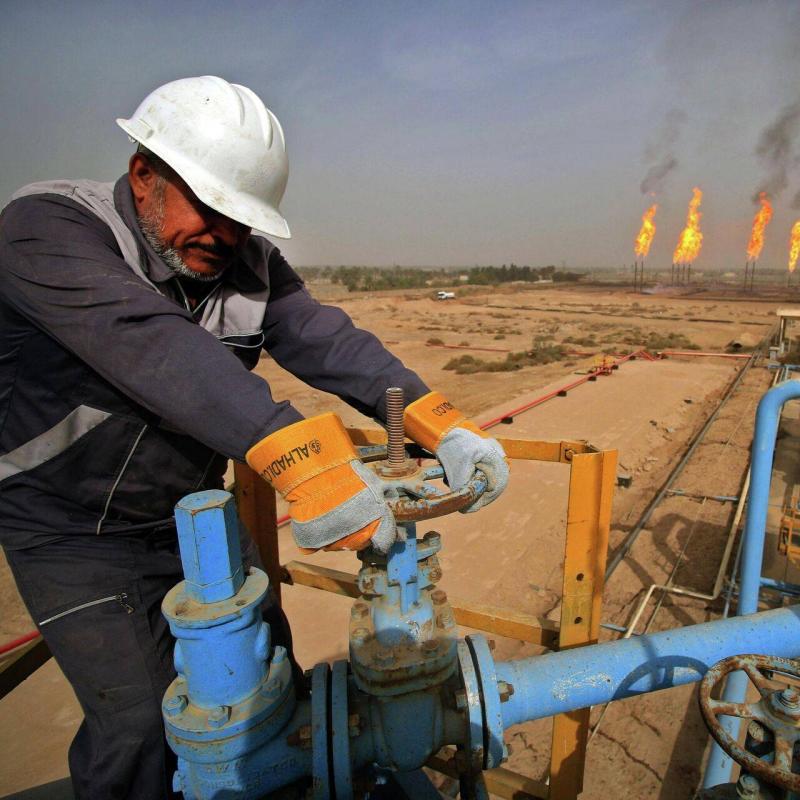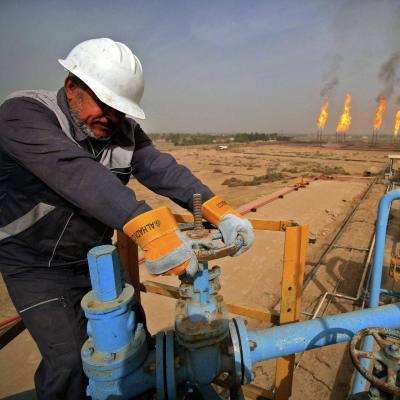Iraqi Prime Minister Mohammed Shia' al-Sudani revealed today, Tuesday, that Iraq will exchange crude oil for Iranian gas to resolve the issue of U.S. approval for payments to Tehran. In a television interview, he stated that "Iran has agreed to resume gas exports to Iraq after a halt related to overdue payments," explaining that "Iran reduced its gas exports to Iraq by more than 50 percent starting July 1 after Baghdad was unable to obtain U.S. approval for the disbursement of due funds, before Tehran agreed to resume gas exports in exchange for Iraqi crude oil."
Al-Sudani mentioned that "the agreement was reached during talks with an Iranian delegation present in Baghdad since Saturday." He revealed that "Iraq owes Iran approximately 11 billion euros, but it faces difficulties in repaying these debts due to U.S. sanctions which only allow Iran to receive funds for the purchase of non-sanctioned goods, such as food and medicine."
The Iraqi Prime Minister noted that by swapping Iraqi crude oil for Iranian gas, Iraq would avoid the ongoing power outages that have become the norm in the summer, while the country aims to complete gas extraction projects that would achieve self-sufficiency.
Farhad Alaeddin, the foreign relations advisor to the Iraqi Prime Minister, stated in a conversation with Reuters that these procedures are complicated “and contribute to delays in making payments in a manner we do not desire, thus payments are not made to the Iranians.”
Iraq imports electricity and gas from Iran, which together account for approximately 33 to 40 percent of its energy supplies, especially during the scorching summer months when temperatures reach 50 degrees Celsius and energy consumption peaks. However, Iraq faces challenges in paying for these imports. The United States is pressuring Iraq, the second-largest producer in the Organization of the Petroleum Exporting Countries (OPEC), to reduce its dependence on Iranian gas.




